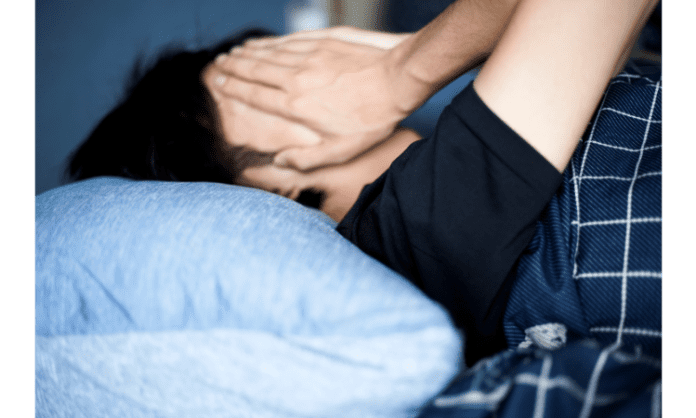
If you’re over 40, and you’re having trouble sleeping, it’s important to remember that there are a number of reasons for this. The reasons for disrupted sleep over 40 are many and varied, but this disorder can all be grouped into three general categories: environmental factors, physical factors, and mental/emotional factors.
Environmental factors that can cause disrupted sleep include noise, light pollution, changes in the weather (including temperature), and even the presence of pets or other animals. Physical factors could include a change in diet or exercise habits, ongoing medical issues such as allergies or asthma, or even a shift in hormone levels. Mental/emotional factors include stressors like work overload or financial worries; anxiety about your health; pain from chronic illness; relationship problems; grief over the loss of a loved one; depression; or even problems with medications.
Sleep apnea
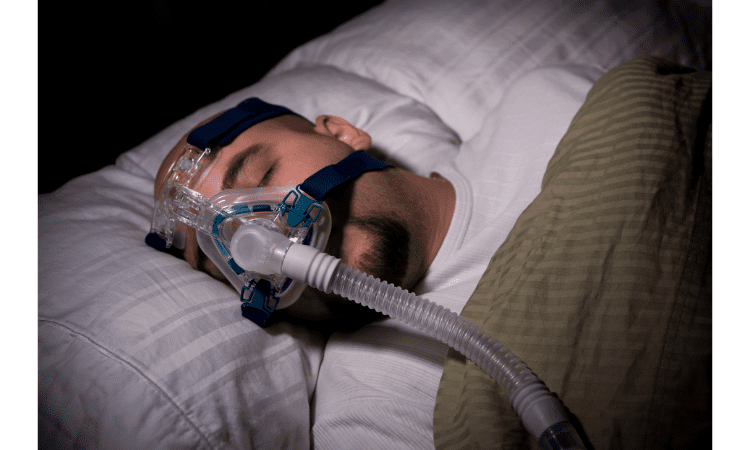
Sleep apnea is a disorder or condition that causes your airway to collapse during sleep, interrupting your breathing. This can happen hundreds of times per night, and it can lead to poor sleep quality and serious health problems.
If you’re over 40, you’re more likely to experience sleep apnea than someone younger. Other factors that raise your risk for sleep apnea include being overweight or obese, having a large neck size or tonsils, smoking cigarettes, and having chronic nasal congestion or sinus problems.
The most common treatment for sleep apnea is a continuous positive airway pressure (CPAP) machine, which uses air pressure to keep the airways open.
Narcolepsy

Narcolepsy is a disorder that causes you to fall asleep suddenly and unexpectedly.
It’s a neurological condition that affects the brain’s ability to regulate sleep, causing you to feel drowsy or fall asleep at inappropriate times. You may experience uncontrollable sleep attacks during the day, while driving, or in other situations where it is unsafe to do so. It’s thought to be caused by a disruption of the brain chemical called hypocretin. This hormone regulates wakefulness and arousal in the body. If you have narcolepsy, your brain isn’t producing enough hypocretin, so your body can’t stay awake. You also may have cataplexy (sudden loss of muscle tone) and hypnagogic hallucinations (seeing things that aren’t there).
The main symptoms of narcolepsy are:
Excessive daytime sleepiness (EDS): People with narcolepsy tend to feel tired during the day, even when they’ve had enough sleep. They may also fall asleep without warning, even when engaged in an activity such as watching TV or eating dinner.
Cataplexy: This symptom causes your muscles to become weak and paralyzed for a few seconds or minutes at a time due to REM sleep intrusion into wakefulness. Cataplexy can be triggered by strong emotions like anger or laughter and typically affects the muscles in your face or neck first, then spreads throughout your body as it gets stronger.
Sleep paralysis: Sleep paralysis means that you wake up unable to move or speak because your brain doesn’t recognize that you’re awake yet. It often occurs at the beginning or end of naps when REM sleep has ended but waking hasn’t begun yet.
Narcolepsy can be treated with medication, lifestyle changes like avoiding caffeine and naps during the day, and sometimes surgery.
Restless leg syndrome (RLS)
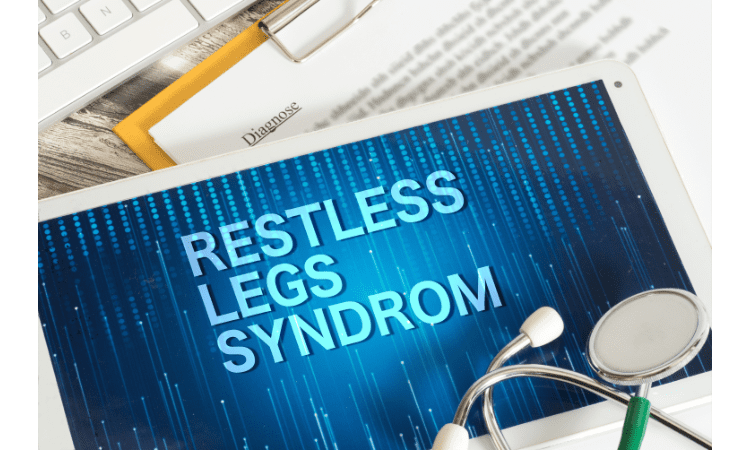
Restless leg syndrome (RLS) is a condition that causes you to feel like you have to move your legs to relieve uncomfortable sensations. The sensations can range from an unpleasant tingling or creeping sensation in your legs to pain, numbness, and even cramps.
You get RLS when the tiny nerves in your legs (and sometimes arms) send signals to the brain that they’re uncomfortable, but there’s no reason for it. The most common causes of RLS are being overweight or pregnant—women are more likely than men to get it after pregnancy—but other factors can contribute as well. RLS is more common among people over 40, but it can start at any age. It’s not dangerous and there’s no cure, but some treatments can help lessen the symptoms.
Insomnia
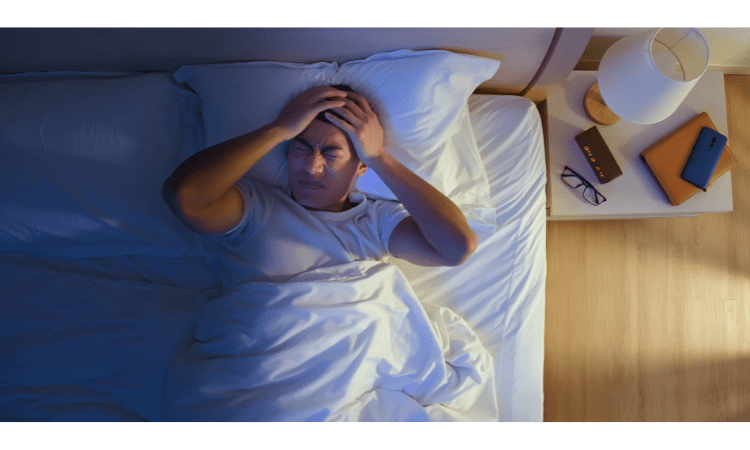
Insomnia is one of the most common sleep disorders. It’s characterized by having trouble falling asleep or staying asleep throughout the night, and it can lead to daytime fatigue.
In fact, insomnia affects about 30% of adults in the U.S., and it’s more common in people over 40 than younger people. As we age, it can be difficult to fall asleep and get back to sleep after waking up during the night. This is especially true if you’re dealing with other health issues like pain, chronic fatigue syndrome, depression, or anxiety. Finally, certain lifestyle habits can contribute to disrupted sleep over 40. For example, eating late at night or drinking too much caffeine before bedtime can both disrupt your sleep patterns and make it hard for you to fall asleep.
The good news is that many different treatments are available for insomnia, from medication to counseling sessions with a therapist (which may include behavioral therapy).
Blood sugar drops
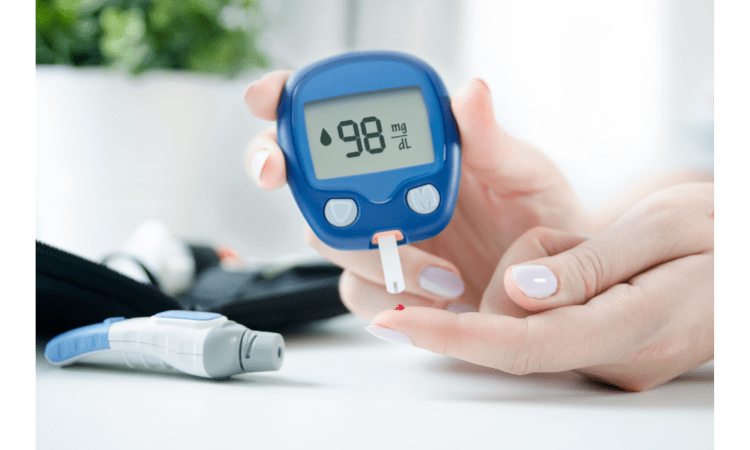
Blood sugar drops are one of the most common reasons for disrupted sleep at night, but they’re also one of the hardest to predict. If you find yourself waking up in the middle of the night with the jitters and a craving for something sweet, it could be because your blood sugar has dropped low enough to cause you to wake up out of habit. One of the most common causes of disrupted sleep over 40 is a drop in blood sugar. If your body doesn’t get enough energy from food, it starts to break down fat and muscle tissue for energy, which can cause the body to release more stress hormones and adrenaline into your bloodstream. This increase in stress hormones and adrenaline can make it difficult to fall asleep.
As we get older, our bodies natural rhythms tend to shift and change—and this includes things like our circadian rhythm (the internal clock that tells us when it’s time to wake up and go to sleep), as well as how quickly we respond to fluctuations in blood sugar levels. It’s possible that as we age, we’ll just naturally start waking up earlier before our bodies have fully rebalanced themselves after a meal.
But if you think you’re having problems with disrupted sleep due to low blood sugar levels, try eating a snack before bedtime or drinking some orange juice during the evening. You can also try exercising more regularly so that your body has enough fuel stored up during the day.
Periodic Limb Movements of Sleep (PLMS)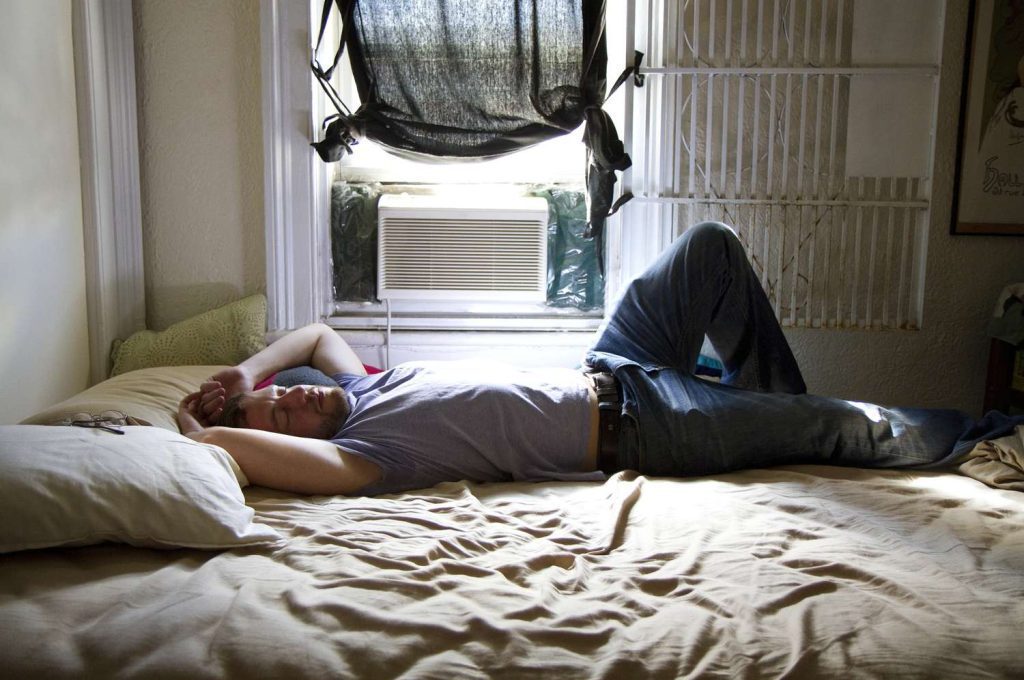
Periodic Limb Movements of Sleep (PLMS) are involuntary movements of the legs and arms that occur during sleep. They can be a cause of disrupted sleep for some people over 40, but they’re not always the culprit.
PLMS can also be caused by problems like heartburn, arthritis, and restless leg syndrome. And if you’ve been drinking alcohol or taking drugs before bedtime, that could also be disturbing your sleep.
PLMS are involuntary jerks that happen during sleep—they’re not full-blown movements like kicking or twitching, but they can still wake you up. They’re typically triggered by stress or anxiety, and they happen more often in people over 40.
PLMS can make it hard for people who suffer from them to fall asleep, so if you’ve got a long list of things on your mind before bedtime and can’t seem to calm down enough to slip into slumberland, this might be why.
Parasomnias

Parasomnias are a group of sleep disorders that cause abnormal movements, behaviors, or emotions while you’re sleeping.
They fall into two categories: “confusional arousals” and “disorders of arousal.” Confusional arousal happens when you wake up and can’t tell where you are or what’s going on around you. These episodes can last up to half an hour and may be associated with nightmares.
Disorders of arousal occur when your brain doesn’t send your body the right signals to wake up from sleep. Some examples include sleepwalking, night terrors, and REM behavior disorder (RBD).
These are most often associated with abnormalities in brain waves and hormone levels, which can disrupt the normal sleep cycle. They’re also more common in people over 40 because our bodies naturally produce less melatonin and other hormones as we age.
They can be caused by a variety of factors, including medication side effects, medical conditions such as stroke or Parkinson’s disease, and psychological disorders like bipolar disorder or post-traumatic stress disorder.
You’re too hot
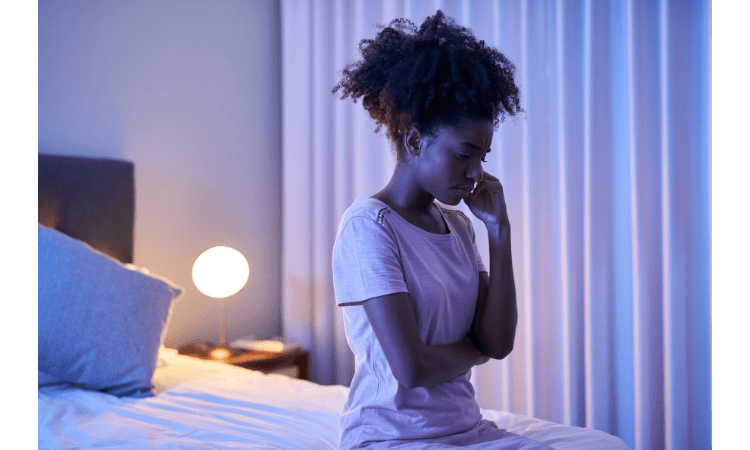
There are a lot of potential reasons for disrupted sleep, especially as you get older. But one of the most common causes is simply being too hot. If your bedroom is too warm, it can be difficult to fall asleep and stay asleep.
If you feel like you’re always waking up because you’re too hot, try turning down the temperature in your room by a few degrees and see if that helps. Also, make sure to keep the room completely dark so that any light doesn’t interfere with your body’s natural circadian rhythm. When we’re too hot, our bodies fight to stay cool. One of the ways they do this is by increasing blood flow to the skin and extremities—and that means less blood flow going to your brain. This can make it harder for you to fall asleep and stay asleep throughout the night.
Conclusion
We hope this article has been helpful in understanding the many reasons for disrupted sleep over 40. We know that it’s not always easy to get a good night’s sleep, and we don’t want you to feel alone in your struggle with this issue. There are lots of solutions out there—we can find them. And when you do, we hope you’ll share your story with us so we can help others who are struggling, too.











